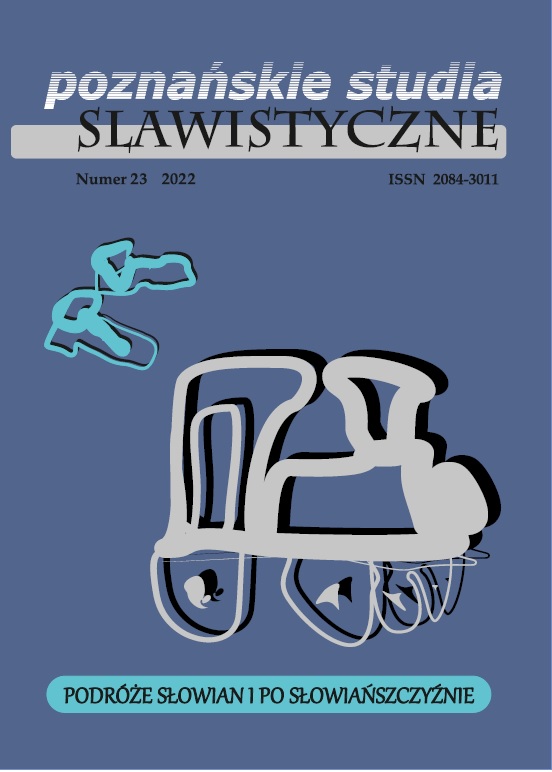The Geography of Childhood and Affective Archetypes: A Discursive Mythological Approach to the Representations of Serbia in British and American Interwar Travel Accounts
The Geography of Childhood and Affective Archetypes: A Discursive Mythological Approach to the Representations of Serbia in British and American Interwar Travel Accounts
Author(s): Sanja Lazarević RadakSubject(s): Social Sciences, Geography, Regional studies, Human Geography, Sociology, Social differentiation
Published by: Uniwersytet Adama Mickiewicza
Keywords: Serbia; travel accounts; discursive-mythological analysis; child; representation
Summary/Abstract: One of the key representations of Serbia between the two world wars in British and American travel accounts is the one about a child. Set in the context of Orientalism and postcolonial tradition this representation is usually interpreted as infantilization that reflects the marginalization and symbolic position of Serbia and the Balkans outside the mainstream of world politics and economy. As the academic discourse is mostly occupied with orientalism and postcolonialism, this paper focuses on symbolic and mythological potential of the discourse analysis about Serbia—“the child of Europe.” The paper analyses three forms of infantilization of Serbia in the interwar travel accounts, while each chapter is dedicated to specific form of infantilization: 1. Serbia as an orphan of Europe; 2. Serbs as medieval people (unspoiled by civilization and vital); 3. Their “temperament” reveals cultural, and thus, political immaturity. The analysis is based on Darren Kelsey’s discursive-mythological approach and it draws a conclusion about the interconnection between the child’s image, culture, historical circumstances, internal/external representation and affective archetypes.
Journal: Poznańskie Studia Slawistyczne
- Issue Year: 2022
- Issue No: 23
- Page Range: 129-146
- Page Count: 18
- Language: English

